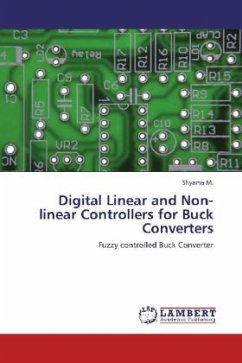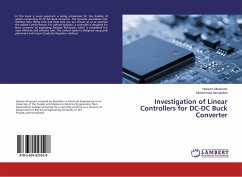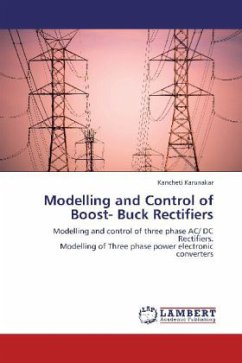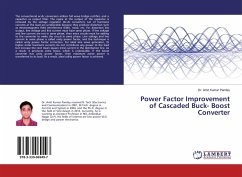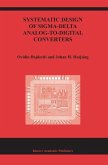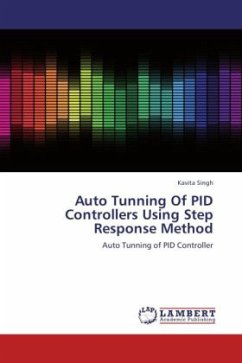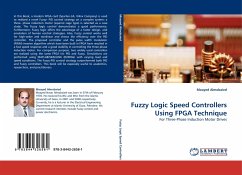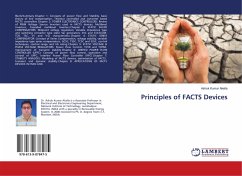Issues in the design and implementation of digital controllers for a DC-DC converter using linear and nonlinear control methods were investigated in this dissertation. The small signal models of the buck converter, obtained using standard state space averaging techniques, were utilized.PID controllers were designed for generic buck converter using standard frequency response techniques.The small signal models of the converters change with the variations of the operating point. Since the linear controllers were designed based on the small signal models, they were not able to respond effectively to changes in operating point. To achieve a stable and fast response, nonlinear control methods were applied to the buck converter. Since fuzzy controllers don t require a precise mathematical model, they are well suited to nonlinear, time-variant systems. Fuzzy controllers were designed for the buck converter. Fuzzy systems can handle non-linear characteristics. They can be designed to adapt to varying operating points. By using fuzzy controllers we can reduce both overshoot percentage and settling time. It is implemented using TMS320C6713
Bitte wählen Sie Ihr Anliegen aus.
Rechnungen
Retourenschein anfordern
Bestellstatus
Storno

